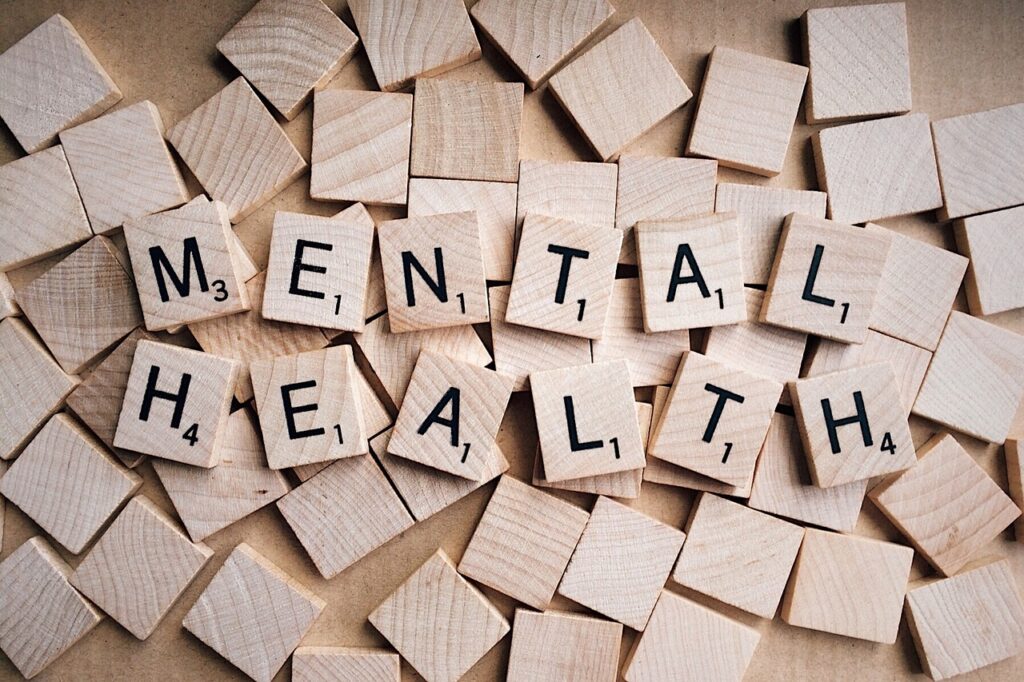Mental wellness, often used interchangeably with mental health, goes beyond the absence of mental illness. It encompasses our emotional, psychological, and social well-being, influencing how we think, feel, and interact with the world around us. Just as a strong foundation is crucial for a stable building, good mental wellness is the cornerstone of a fulfilling and healthy life.
The impact of mental wellness reaches far and wide. It affects our:
- Relationships: When we feel mentally well, we’re better equipped to build and maintain strong connections with others. We can communicate effectively, empathize with those around us, and foster positive social interactions.
- Physical Health: There’s a well-established link between mental and physical health. Chronic stress, anxiety, and depression can weaken the immune system and increase the risk of physical ailments. Conversely, good mental wellness can encourage healthy habits like exercise and proper sleep, which in turn benefit physical health.
- Productivity: Mental health struggles can significantly hinder our ability to focus, concentrate, and complete tasks. Conversely, feeling mentally well translates to improved productivity, better decision-making, and a higher capacity for learning and growth.
- Quality of Life: Mental wellness is a key ingredient in a happy and fulfilling life. It allows us to experience joy, manage stress effectively, and navigate life’s challenges with resilience.
In today’s fast-paced world, prioritizing mental wellness is more important than ever. Factors like social media pressure, work-life imbalance, and financial anxieties can take a toll on our mental well-being. However, there are steps we can all take to cultivate and maintain good mental health:
- Prioritize Self-Care: Taking care of yourself isn’t selfish, it’s essential. Engage in activities you enjoy, get enough sleep, eat a balanced diet, and exercise regularly. These practices create a foundation for mental resilience.
- Build Strong Relationships: Having a strong support network of friends, family, or therapists can provide invaluable emotional validation and a sense of belonging.
- Practice Mindfulness: Techniques like meditation and deep breathing can help manage stress, improve focus, and cultivate a sense of calm.
- Seek Help When Needed: Don’t be afraid to seek professional help if you’re struggling. Therapy can provide tools and strategies to manage mental health conditions and improve overall well-being.
Just like physical health, mental wellness requires ongoing effort and attention. By making it a priority, we can empower ourselves to navigate life’s challenges, build stronger relationships, and live more fulfilling lives.
It’s important to remember that mental wellness is a spectrum, not a destination. There will be good days and bad days. The key is to develop healthy coping mechanisms and surround yourself with a support system that can help you weather the storms.
By fostering a culture of open communication and prioritizing mental well-being, we can create a society where everyone feels empowered to take care of their mental health and live life to the fullest.



